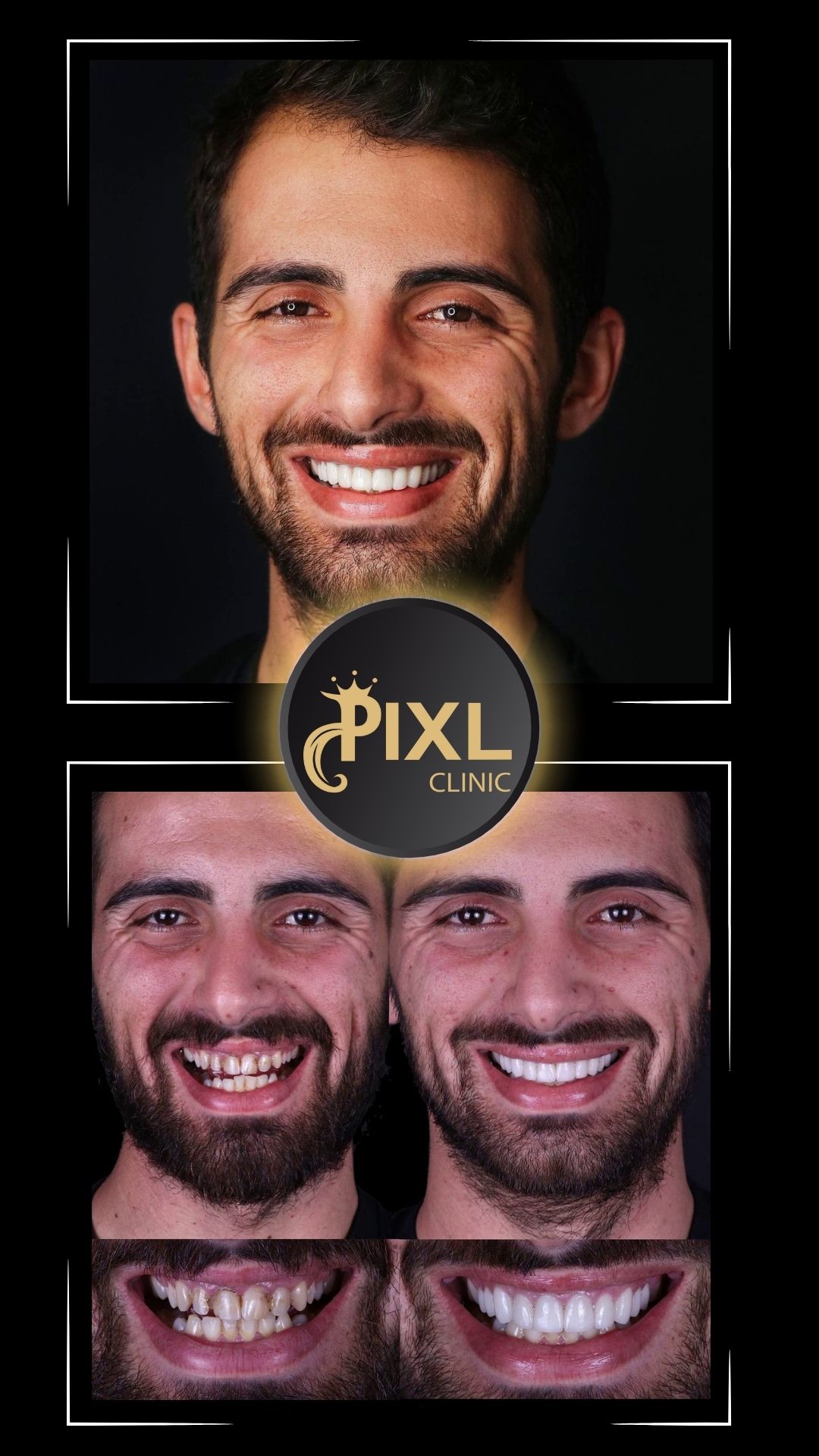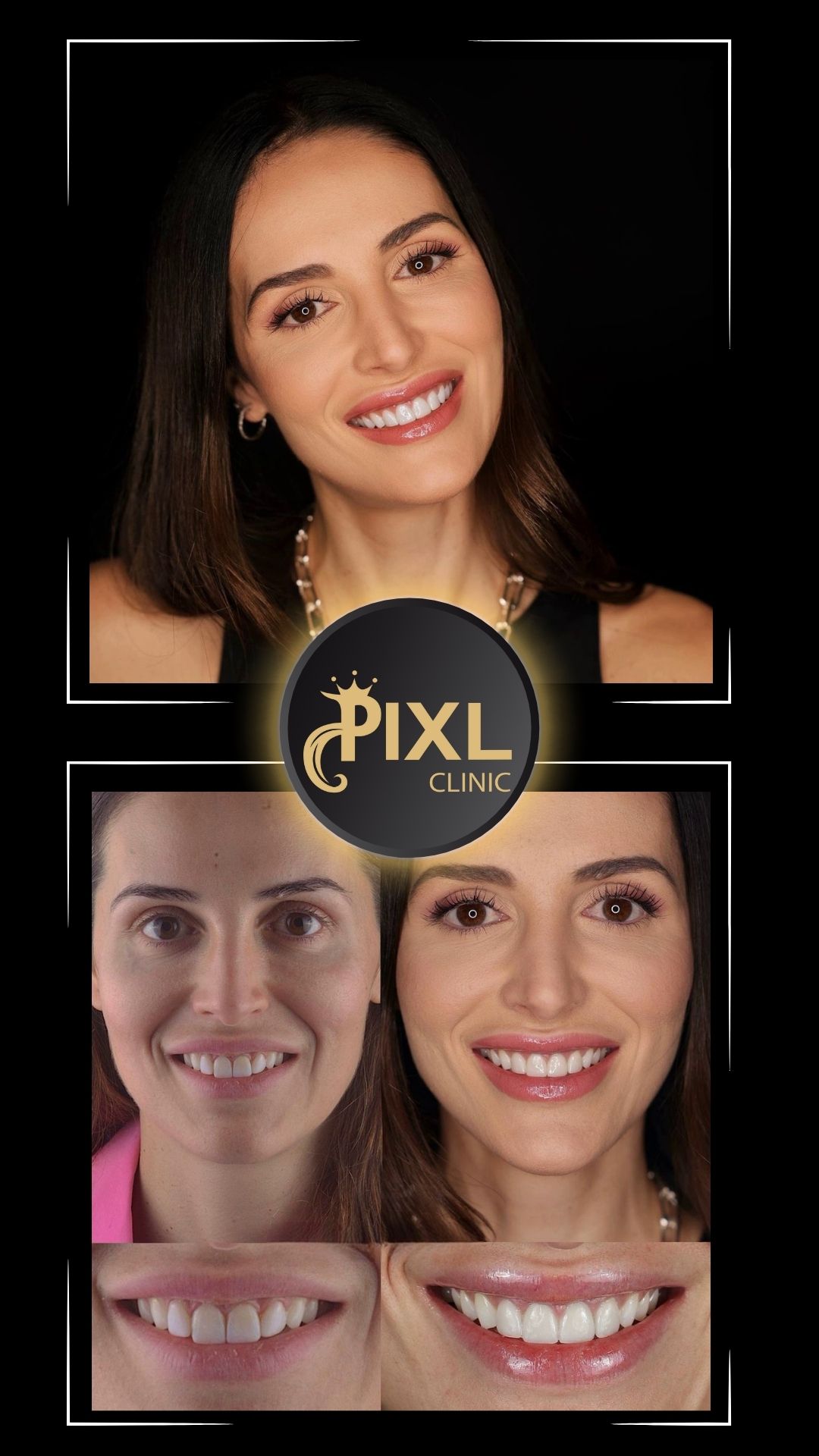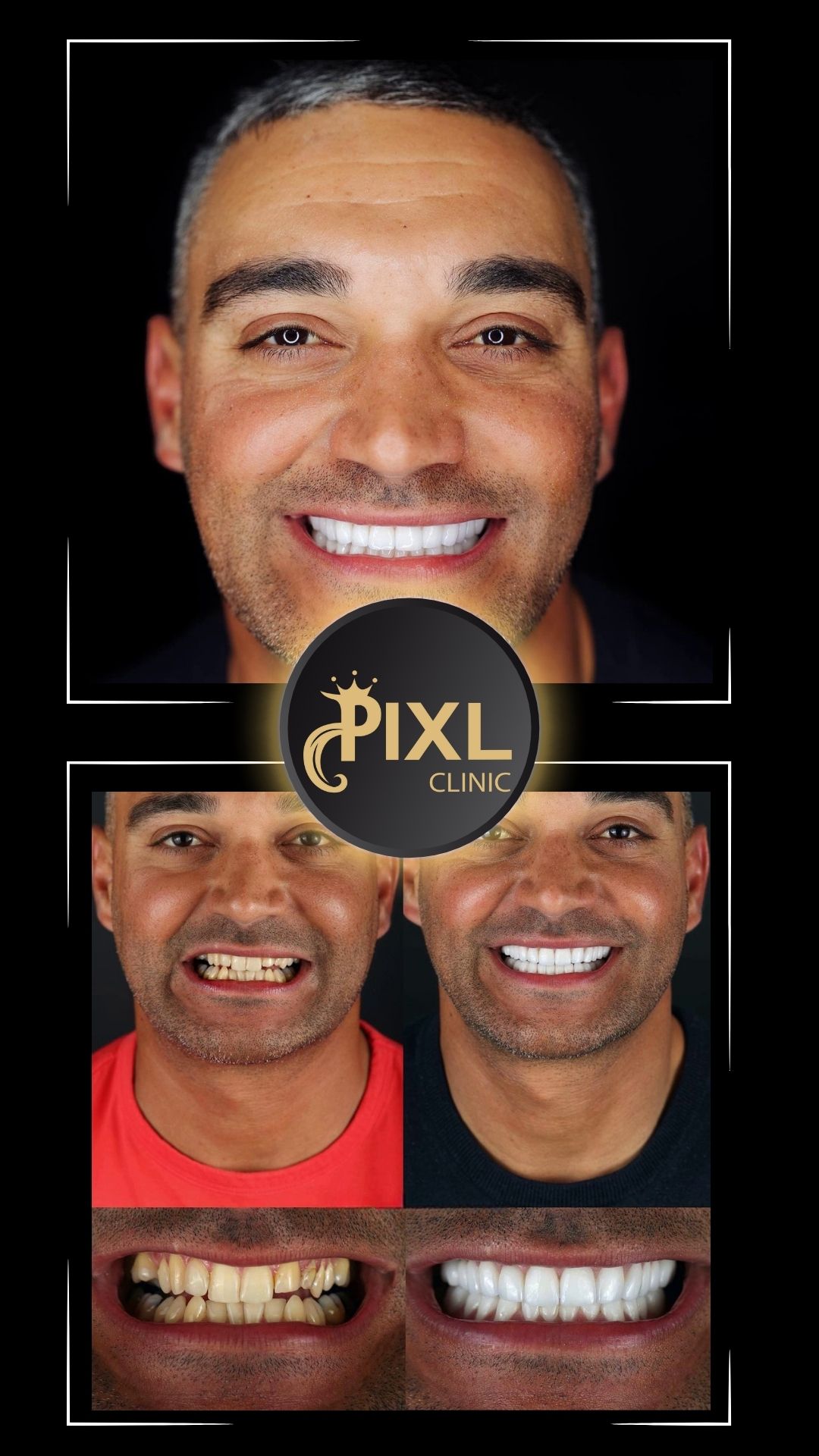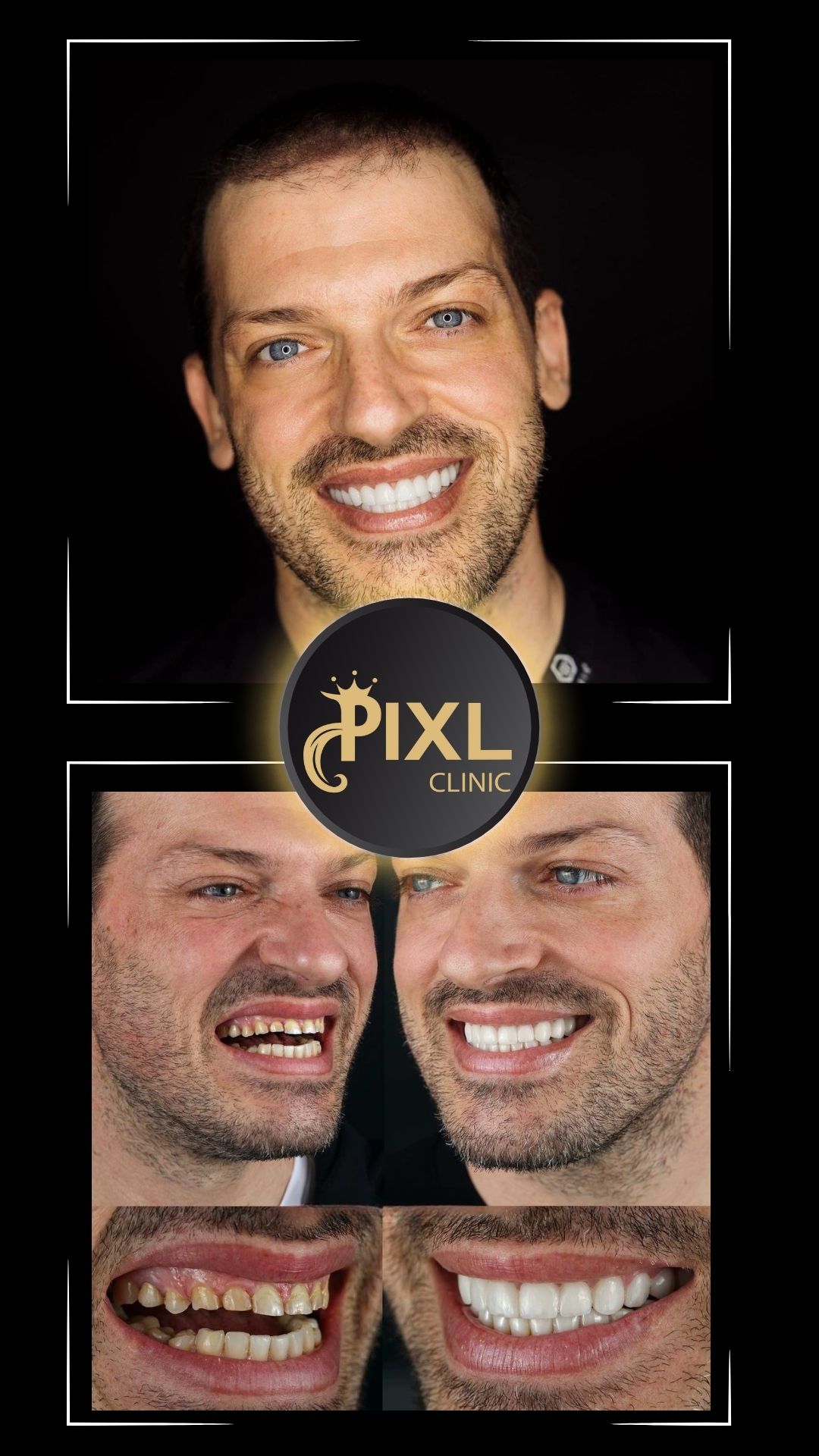Will Dental Implants Be Noticeable When You Smile?
A radiant smile can light up a room, boost confidence, and leave a lasting impression. But what happens when a missing tooth or a less-than-perfect dental solution affects your smile? Enter dental implants—a modern, durable, and aesthetic solution to restore your smile. However, one of the most common questions people ask before committing to the procedure is, “Will dental implants be noticeable when I smile?”
The answer, in most cases, is a resounding no. Dental implants are designed to be virtually indistinguishable from your natural teeth. Here’s an in-depth look at why that’s the case and how they achieve such seamless results.
What Are Dental Implants?
Dental implants are titanium posts surgically inserted into your jawbone, acting as artificial roots for replacement teeth. A crown, bridge, or denture is then attached to the implant, mimicking the appearance and function of natural teeth.
Because of their structural and aesthetic design, implants are considered one of the best options for tooth replacement. But what makes them blend in so well with your natural smile?

How Dental Implants Mimic Natural Teeth
1. Customization
Each dental implant crown is custom-made to match the shape, size, and color of your existing teeth. Dentists use advanced imaging and precise measurements to ensure the implant fits perfectly within your smile. The goal is to create a replacement tooth that is indistinguishable from the rest.
2. High-Quality Materials
Implant crowns are typically made from porcelain or ceramic, materials that closely mimic the translucence and texture of natural enamel. These materials can be tinted and polished to look just like your other teeth, ensuring a cohesive appearance.
3. Strategic Placement
The placement of the dental implant is critical for achieving a natural look. Dentists carefully plan the position of the implant based on the alignment of your teeth, the contour of your gums, and the overall symmetry of your smile.
4. Gums and Bone Integration
A well-integrated dental implant blends seamlessly with your gums and bone structure. Over time, the titanium post fuses with the jawbone in a process called osseointegration, providing a stable and natural-looking foundation for the crown.
5. Expertise in Aesthetics
Modern dentistry emphasizes the importance of aesthetics alongside function. Dentists are trained to design smiles that not only restore function but also enhance beauty. The craftsmanship behind a dental implant ensures it complements the unique features of your smile.
What Factors Affect the Natural Look of Dental Implants?
While dental implants are designed to be virtually invisible, several factors can impact their appearance:
1. Gum Health
Healthy gums are essential for the success and appearance of dental implants. If your gums recede or if there is insufficient gum tissue, the metal post of the implant might become slightly visible. Dentists often recommend gum grafting or other treatments to address these issues.
2. Bone Density
Adequate jawbone density is crucial for anchoring the implant securely. If the bone is too thin or weak, it may affect the implant’s stability and appearance. Bone grafting may be required in such cases to create a strong foundation.
3. Maintenance
Just like natural teeth, implants require proper care to maintain their appearance. Poor oral hygiene can lead to gum disease or discoloration of the surrounding teeth, making the implant more noticeable. Regular brushing, flossing, and dental check-ups are essential.
4. Dentist Skill
The expertise of the dentist performing the procedure plays a significant role in how natural the implant looks. A skilled dentist will carefully consider factors such as color matching, crown shape, and gum contouring to ensure a flawless result.
Will People Know You Have Dental Implants?
In most cases, only you and your dentist will know you have dental implants. Unlike other tooth replacement options, such as dentures or bridges, dental implants do not have visible metal clasps or connectors. The design is so realistic that they blend seamlessly with your natural teeth.
Benefits Beyond Aesthetics
While the natural appearance of dental implants is a significant advantage, their benefits go far beyond looks:
- Improved Confidence: Knowing your smile is flawless can boost your self-esteem and make you feel more comfortable in social situations.
- Durability: Dental implants are long-lasting and resistant to staining, ensuring your smile stays bright for years to come.
- Enhanced Functionality: Unlike other dental solutions, implants provide stability and strength, allowing you to eat, speak, and smile confidently.
Dental implants are a transformative solution for those seeking to restore their smile. Thanks to advanced materials, customization, and expert craftsmanship, they are nearly impossible to detect when you smile. Whether you’re replacing a single tooth or several, dental implants offer a natural, durable, and confidence-boosting alternative to other tooth replacement options.
If you’re considering dental implants but are concerned about their appearance, rest assured that modern dentistry prioritizes both form and function. By choosing a qualified dentist and following proper care guidelines, you can enjoy a smile that is as beautiful as it is functional—and the only thing people will notice is how radiant you look.
Dental Implants FAQ: Everything You Need to Know
Will dental implants look natural?
Yes, dental implants are designed to look and feel like your natural teeth. The crowns are customized to match the color, size, and shape of your existing teeth, ensuring they blend seamlessly with your smile.
Will people be able to tell I have dental implants?
In most cases, no one will notice you have dental implants unless you tell them. They are crafted to match your natural teeth and are placed in a way that makes them virtually indistinguishable.
Are dental implants permanent?
Dental implants are a long-lasting solution for tooth replacement. With proper care, they can last a lifetime. The titanium post fuses with the jawbone, creating a durable and stable foundation for the replacement tooth.
Do dental implants hurt?
The procedure itself is typically performed under local anesthesia, so you won’t feel pain during the surgery. Some discomfort or swelling may occur afterward, but this can usually be managed with over-the-counter pain medication and subsides within a few days.
How long does it take to get dental implants?
The process of getting dental implants can take several months. This includes the initial consultation, implant placement, healing time (for osseointegration), and attaching the final crown. The timeline may vary depending on your individual needs.
Can dental implants replace multiple teeth?
Yes, dental implants can replace a single tooth, multiple teeth, or even support full-arch replacements using bridges or dentures.
What happens if my gums recede around the implant?
If gum recession occurs, it could expose part of the implant. This issue can often be corrected with treatments like gum grafting. Maintaining good oral hygiene and regular dental check-ups helps prevent gum recession.
How do I care for dental implants?
Dental implants require the same care as natural teeth. Brush and floss daily, use a non-abrasive toothpaste, and visit your dentist regularly for cleanings and check-ups.
Are dental implants safe?
Yes, dental implants are a safe and proven method for tooth replacement. Titanium, the material used for implants, is biocompatible, meaning it’s safe for your body and integrates well with bone.
How much do dental implants cost?
The cost of dental implants varies depending on factors such as the number of implants needed, any additional procedures (e.g., bone grafting), and the location of your dental provider. While they can be more expensive than other options, implants are a long-term investment in your oral health.
Can anyone get dental implants?
Most people are good candidates for dental implants, but a thorough evaluation is necessary. Ideal candidates should have healthy gums, sufficient jawbone density, and good overall health. Smokers and individuals with certain medical conditions may require additional precautions.
Are there any risks associated with dental implants?
Complications with dental implants are rare but can include infection, implant failure, or nerve damage. Choosing an experienced dentist and following aftercare instructions minimizes these risks.
What happens if an implant fails?
If an implant doesn’t properly integrate with the bone or fails for another reason, it can often be replaced after the issue is addressed. This is uncommon when the procedure is performed by a qualified dentist.
Can I eat normally with dental implants?
Yes! Once fully healed, dental implants function like natural teeth, allowing you to eat all your favorite foods without restrictions.
How long do dental implants last?
With proper care, dental implants can last 20+ years or even a lifetime. Regular dental visits and good oral hygiene are crucial to their longevity.
Are dental implants covered by insurance?
Some dental insurance plans cover part of the cost of dental implants, but this varies. Speak with your insurance provider and your dental office to understand coverage options and payment plans.
Can smokers get dental implants?
Smoking can increase the risk of implant failure because it affects healing and bone integration. If you smoke, your dentist may recommend quitting or reducing smoking before and after the procedure.
Are dental implants removable like dentures?
No, dental implants are permanently fixed in your jawbone and are not removable. However, implant-supported dentures or bridges can sometimes be removed for cleaning.
Can children get dental implants?
Dental implants are typically not recommended for children or teenagers whose jaws are still growing. They are best suited for adults with fully developed jawbones.
How do I start the process for dental implants?
The first step is a consultation with a qualified dentist or oral surgeon. They will evaluate your oral health, take X-rays, and discuss a personalized treatment plan to restore your smile.
































